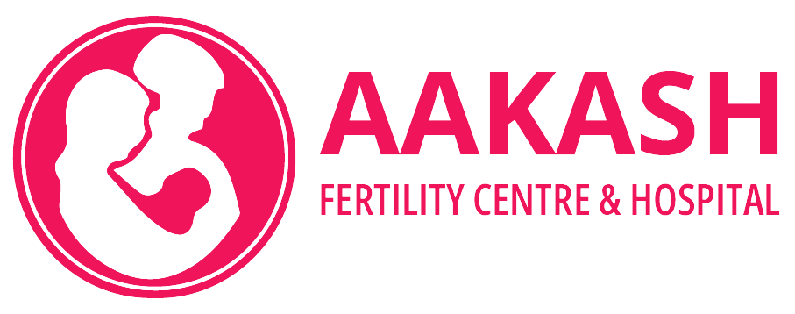Empowering Futures: The Significance of Fertility Preservation in Cancer Survivors
Preserving fertility emerges as a vital concern for individuals who have survived cancer, anticipating potential repercussions on their reproductive well-being from the administered treatments. With ongoing advancements in medical treatments enhancing cancer recovery rates, there is an increased emphasis on safeguarding fertility. This attention aims to address the distinct challenges encountered by those who have triumphed over cancer. For consultation with Dr. Jeyarani Kamaraj, a distinguished fertility doctor in Chennai, please reach out to schedule an appointment and explore personalized solutions on your journey towards reproductive well-being.
What are the effects of cancer treatment on fertility?
- Chemotherapy: Certain chemotherapy drugs can damage the ovaries and reduce the number of viable eggs. The degree of damage depends on the type and dosage of the drugs. Some women may experience temporary or permanent infertility following chemotherapy.
- Radiation Therapy: Radiation, when directed near reproductive organs, can cause damage to the eggs or sperm. The impact on fertility depends on the location and dosage of the radiation.
- Surgery: Surgical interventions for cancer may involve the removal of reproductive organs, such as the ovaries, uterus, or testicles, which can lead to infertility. The impact varies based on the specific surgical procedure performed.
- Hormonal Therapies: Some hormonal therapies used in cancer treatment can disrupt normal reproductive hormone levels, affecting the menstrual cycle and fertility. This is more common in breast and prostate cancer treatments.
- Bone Marrow Transplant: High-dose chemotherapy and radiation used in preparation for a bone marrow transplant can significantly impact fertility by damaging reproductive cells.
- Immunotherapy and Targeted Therapies: While these newer cancer treatments may have fewer direct effects on fertility compared to traditional chemotherapy and radiation, their long-term impact on reproductive health is still under research.
What are the Fertility Preservation Techniques?
Fertility preservation techniques offer a means of safeguarding fertility for individuals undergoing cancer treatment. Various methods are available, including:
In vitro fertilization (IVF) is employed to facilitate a successful and healthy pregnancy for those confronting fertility challenges. It addresses diverse infertility issues.
Egg Freezing (Oocyte Cryopreservation): This technique involves retrieving a woman’s eggs, subjecting them to ovarian stimulation for multiple egg production, and subsequently freezing and storing them. The stored eggs can be used in the future.
Embryo Cryopreservation: This approach entails fertilizing a woman’s eggs with sperm through in vitro intracytoplasmic sperm injection (IV-ICSI) to form embryos, which are then frozen. After completing cancer treatment, the embryos can be thawed and transferred to the woman’s uterus.
Ovarian Transposition: This procedure involves relocating the ovaries away from the radiation therapy target area, commonly chosen for girls and young women undergoing pelvic radiation. It is advisable to perform ovarian transposition before initiating radiation therapy.
Sperm Cryopreservation: To preserve a man’s fertility before cancer treatment, sperm freezing is widely used. In cases where ejaculation is challenging, Testicular Sperm Extraction (TESE) may be performed to collect sperm surgically. The frozen sperm can be stored for an extended period and used for in vitro fertilization (IVF).
Gonadal Shielding: For males undergoing pelvic radiation therapy, gonadal shielding protects the testicles from radiation exposure. This preventive measure minimizes damage to sperm-producing cells, particularly if radiation is focused on one testicle.
Each fertility preservation method has distinct advantages and considerations. The selection depends on factors such as the patient’s age, cancer type, and treatment plan. Consulting with a fertility specialist at Aakash fertility hospital, ivf treatment hospital chennai before commencing cancer therapy is crucial for making informed decisions tailored to individual circumstances. Schedule your appointment at Aakash IVF centre chennai today.
– Aakash Fertility Centre & Hospital
CT : +9178712 33333

